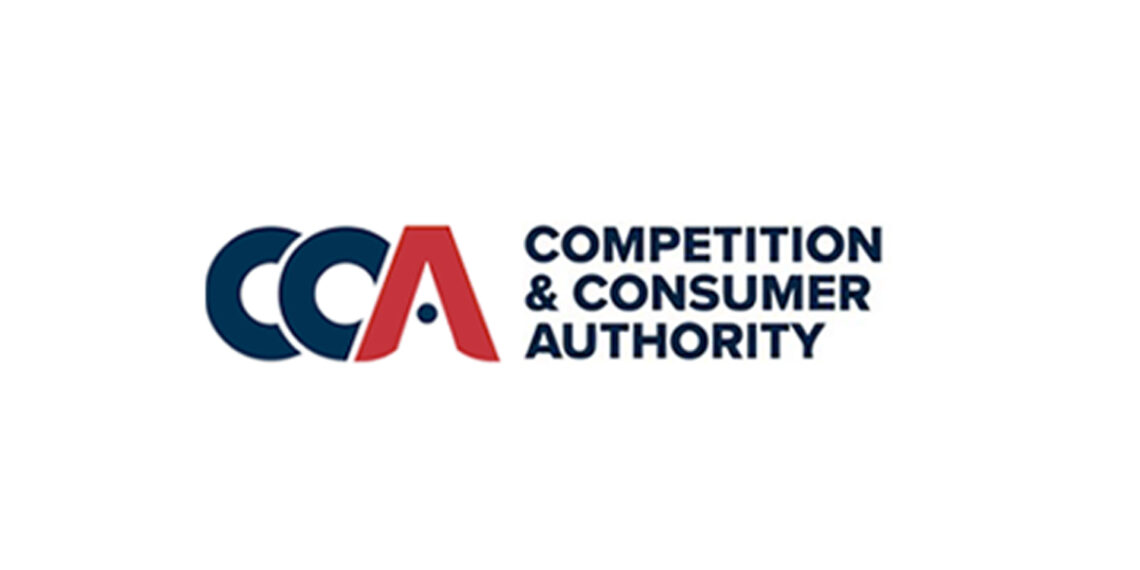- TSAONE SEGAETSHO
The Executive Botswana is reliably informed that predatory conduct has been found in one of Botswana’s highest profile anti-trust issues relating to the medical aid sub-sector, with the full judgement to be handed down in July.
In the matter in question, the Competition and Consumer Authority (CAA) probed allegations of possible abuse of dominance in the form of refusal of access to an essential facility and possible horizontal agreements through price fixing by top medical aid providers; Botswana Medical Aid Society (BOMAID), Pula Medical Aid (PULA) and Botswana Public Officers Medical Aid Scheme (BPOMAS).
According to impeccable sources, the CCA’s Investigations, Policy and Research Analysis Division (DIPRA) compiled a report which found that, among others, there was predatory conduct from the country’s top medical aid providers.
Small players had raised complaints to the regulatory body that larger medical aid providers had formed a consortium to influence pricing in the sector, which ensures their consolidated dominance at the expense of minnows.
“Predatory conduct is both price and non-price conduct by an enterprise, which conduct has negative effects on competition. The most common form of predatory conduct is predatory pricing, which refers to the conduct of selling a product or service at a very low price, with the intention of driving competitors out of the market, or creating barriers to entry for potential new competitors.
If competitors or potential competitors cannot sustain equal or lower prices without losing money, they either go out of business or choose not to enter the business. The predator then has fewer competitors or it even becomes a de facto monopoly after an opponent exits,” says CCA guidelines on predatory conduct.
According to CCA, predatory conduct requires the following elements to be present for it to have anti-competitive effects: existence of an enterprise with uncontested market power and exercise of such market power has predatory effects in the relevant market.
Following a probe that shook the medical aid industry, accusing the biggest players of price abuse and dominance, the division that deals with investigations, research and policy issues at CCA conducted a report that was sent to the Competition and Consumer Tribunal, which made a judgement that was subsequently met with sharp a legal defense from medical aid heavyweight BOMAID.
In the CCA’s financial year of 2020/21, Botswana Dental Association (BODEA) is one of the small players which took on big players like BOMAID, Pula and BPOMAS for possible abuse of dominance. While the CCA tried to conduct investigation in 2021, it was met by legal interdiction in 2022 by BOMAID and its fellow medical aid providers.
The interdict failed that same year, with a High Court decision made on November 4, 2022, which determined that BOMAID is an enterprise under the Competitions Act 2018, and therefore subject to the Act, meaning it can be probed for the anti-trust allegations that were brought against it.
While the CCA continued with a report to clean the medical aid sector and decisions were moved to the Competition and Consumer Tribunal for final determination, BOMAID approached the Court of Appeal and continued what became a marathon corporate case that ended last week.
The last court in Botswana’s jurisdiction ratified the initial ruling, empowering the CCA to conclude its investigation and hand down judgement.
Sources this week said one of the issues that is top on the CCA’s agenda, particularly for the Competition and Consumer Tribunal, is the predatory conduct or issues of dominance in the medical aid sector, which has seen consumers and competitors complain to the regulators in large numbers.










